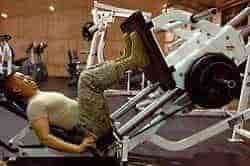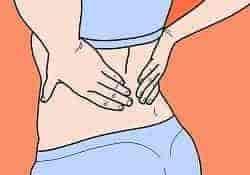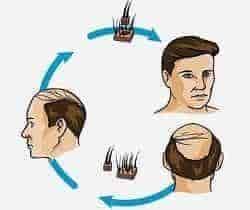Anxiety disorder and its treatment
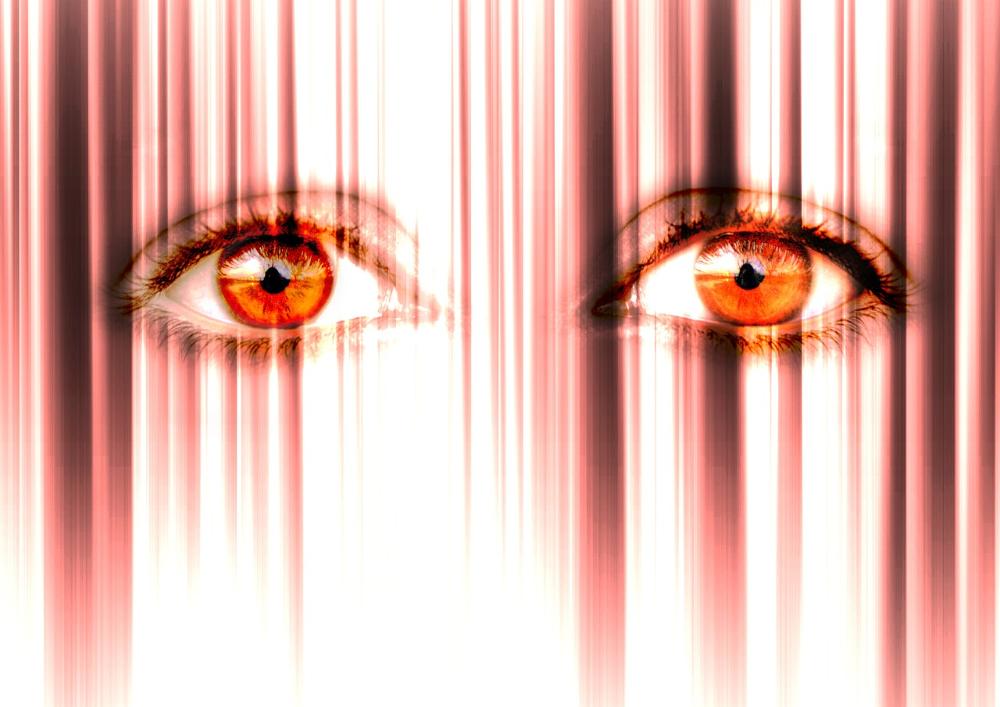
What is anxiety disorder?
Anxiety is a normal part of life. It is part of emotions and everyone feels anxious in difficult situations. It is normal when you feel anxious about your problem in work place or before exams or before taking any important decision of your life. Anxiety in moderation is always good as it is body’s natural response system during stressful situations, anxiety can help you stay focused and motivate you to solve your problem.
But anxiety disorder is something which is out of normal anxiety, it is more than normal worry or fear. Person suffering from anxiety disorder face anxiety which is persistent, does not go away and may even get worse with time. This may affect his normal day to day life routine like performance in work place, school, and relationships. Once you understand your anxiety disorder. There are many ways to reduce your symptoms of anxiety disorder and can regain your normal life.There are different types of anxiety disorders like generalized anxiety disorder (GAD), social anxiety disorder, panic attacks, selective mutism, and specific phobias.
Obsessive compulsive disorder and posttraumatic stress disorder are closely related to anxiety disorder. Some may face it at same time with depression.
Types of Anxiety disorder
following are some types of anxiety disorder.
1. Panic disorder: People suffering from this always have sudden repeatedly feelings of terror without any warning. Other physical symptoms of a panic attack are sweating, palpitations, dizziness, chest pain, breathlessness, Numbness or tingling, Chills or hot flashes, Nausea or abdominal pains, Feeling detached, Fear of losing control, Fear of dying. To avoid this type of attack people try to avoid going out, social isolation.
2. Social anxiety disorder: It is also called as social phobia, this involves in day to day routine in social situations. This disorder causes intense fear, which is caused by irrational worries about social humiliation or “do not know what to say”. Person with social anxiety disorder may avoid taking part in conversations, participate in class discussions and may become isolated. The worry is often on fear of humiliation, embarrassed or behavior which may look like ridicule.
3. Specific phobias: Irrational fears of a specific object or situation, places or events like fear of height, fear of animals. Many people with specific phobias have several triggers. To avoid trouble, people with specific phobias try to avoid their triggers. The level of fear may cause person to avoid routine, everyday situations. Unfortunately avoiding fear increases your phobia.
4. Generalized anxiety disorder: In Generalized anxiety disorder there is persistent and excessive worry and fear that interferes with daily activities. This may be accompanied by physical symptoms, such as restlessness, feeling on edge or easily fatigued.
Symptoms of Anxiety Disorder
Anxiety disorders is a group of conditions, and each have its characteristic symptoms. However, all anxiety disorders have one common thing which is persistent and excessive fear or worry in the situations which is normally harmless. People can observe one or more of the symptoms below:
Emotional symptoms:
- Feelings of uneasiness or fear
- Feeling tense and edgy
- Restlessness or irritability
- Anticipation
- Constant thinking and feeling of danger
- Sometimes completely blank
- Lack of concentration
- Negative thinking
- Difficulty in handling responsibility and indecisiveness due to over concern and fear.
Physical symptoms:
- Palpitation (heart beat high), breathlessness
- Stomach upset
- Sweating
- Tremors and twitches
- Headaches
- Feeling of fatigue
- Insomnia(sleeplessness)
- Frequent urination or diarrhea
- Startle easily
- Muscle tension
Symptoms in Children and teenagers
Like above symptoms, children and teenagers who suffer generalized anxiety disorder may have excessive worries about:
- School performances and also at sports
- Punctuality
- Earthquakes and other natural calamity
- Feel overly anxious to fit in
- Always be perfectionist
- Constantly doing things again and again as not perfect at first time
- Takes more time to complete homework
- Low confidence
- Strive for approval
- Reassurance has to be given about performance
Causes of Anxiety Disorder
Research shows many combined factors are responsible to cause anxiety disorders:
- Genetics: Some families can have more than one member suffering from such type of anxiety disorder. Research shows this disorder run in families.
- Environment: Stressful or traumatic episodes in life abuse or death of a loved one, any kind of violence or illness from very long time is related to the anxiety disorder.
Anxiety Treatment
There are small routine and lifestyle changes along with medications which may help people suffering from this:
- Physically active: Try and start a routine with good physical exercise at least thrice a week. Exercise is considered as stress buster and mood elevator which will help you to maintain healthy life. You can start with gradual and increase its intensity.
- Quit alcohol and regular sedatives (medications): These things can increase anxiety and may even worsen your anxiety.
- Quit smoking and substitute your coffee: Nicotine and caffeine are the worst for anxiety.
- Try techniques for relaxation: Techniques in visualization, regular meditation and yoga are best relaxation techniques that can reduce anxiety.
- Sound sleep: Sound sleep is must for healthy life, sleep gives enough relaxation to brain and your body which in turn help to reduce chances of anxiety and restlessness.
- Healthy eating habits: Healthy eating habits for healthy lifestyle is very important like adding more green leafy vegetables, more seasonal fruits, whole grains and fish are said to be linked to reduced anxiety, but more research is needed.
- Try and connect with people: Loneliness and isolation leads to anxiety. Try to reach out to other people meet your friends, you can join a self-help or support group, you can always share your worries with your loved one.
- Train your brain: Being over anxious is mental habit but you should learn how to break. Strategies like learning to accept uncertainty can significantly reduce anxiety and fear.
Therapy for Anxiety Disorder
Anxiety disorder is mental disorder which responds best to therapies and in very short span. Following therapies may help anxiety disorders.
Cognitive-behavior therapy: this therapy works on your thought process (cognition) as well as your behavior. This therapy helps you to identify and challenge your negative thinking patterns and irrational fears or beliefs which add to your anxiety.
Exposure therapy: This therapy encourage you to face your fears in safe and controlled environment. Through repeated exposures to your particular fear or situation either in reality or in imagination you gain great sense of confidence and control on yourself. As you face your fear without being harmed reduces your anxiety.
Cognitive-behavioral therapy and exposure therapy are types of behavioral therapy, they focus on your behavior rather than on underlying psychological conflicts.
Coping and support for Anxiety Disorder
You can follow these easy steps to cope with your anxiety disorder.
- Follow your treatment plan: You should take regular medications as directed. Follow your therapy appointments. Consistency can make a big difference.
- Join support group: It will motivate you and won't make you feel alone as you will share your experience and even you will get to know much more about your disorder. You may find support group in your community or online.
- Work on your trigger points: Work with your mental counselor to figure out your trigger points and situations which makes your anxious.
- Try and let go your past:. Don't dwell on your past concerns. Bring changes in your current situation and don't think about past.
- Break the cycle: When you start with your anxiety attack, take a brisk walk or occupy yourself with your hobby to refocus your mind.
- Social life: Don't remain isolated as it may trigger your anxiety share with your loved ones. Plan frequent meet ups with your friends, take small frequent vacations with your family. More Social interaction and sharing relationships can lessen your worries and reduce the chance of anxiety attack.
*****

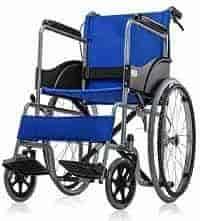
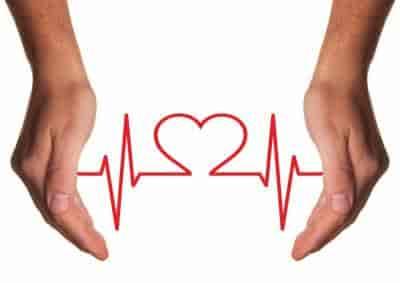

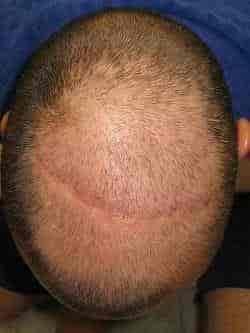
.jpg)

